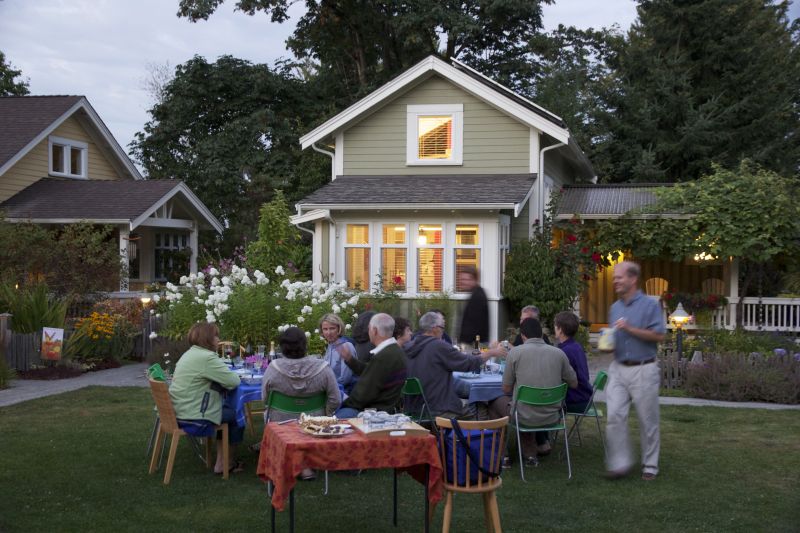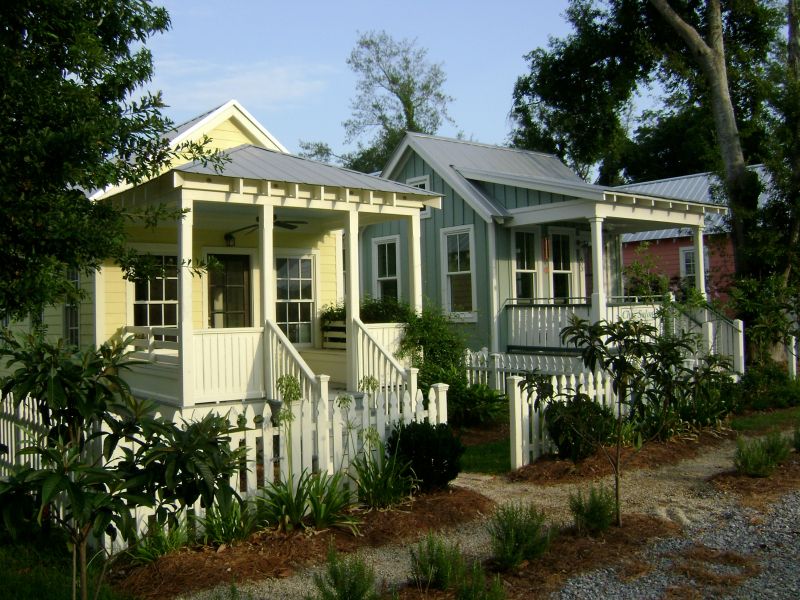 Small houses are getting a lot of press days. They are capturing our imagination, teasing our nesting instinct, and enticing us to consider the possibility of living with a smaller mortgage or less rent. Squeezed by the economy and a monoculture housing market, millennials, singles, empty nesters, and elders are thinking small is the answer—or, at least, that “not so big” is key. Small-house advocates are helping us refine how we can live large in small spaces, with clever fold-down beds, under-stair storage, niches, and alcoves.
Small houses are getting a lot of press days. They are capturing our imagination, teasing our nesting instinct, and enticing us to consider the possibility of living with a smaller mortgage or less rent. Squeezed by the economy and a monoculture housing market, millennials, singles, empty nesters, and elders are thinking small is the answer—or, at least, that “not so big” is key. Small-house advocates are helping us refine how we can live large in small spaces, with clever fold-down beds, under-stair storage, niches, and alcoves.
Perfecting the small house, however, isn’t enough.
 Ben Brown of PlaceMakers, who lived in a 308-square-foot Katrina Cottage, concluded that small house living takes a town. He says that “the smaller the nest, the bigger the balancing need for community.” With slightly snug houses, cabin fever can set in without porches and gardens to step out onto, or the park at the end of the block, or the local coffee house—places to be around others with little effort.
Ben Brown of PlaceMakers, who lived in a 308-square-foot Katrina Cottage, concluded that small house living takes a town. He says that “the smaller the nest, the bigger the balancing need for community.” With slightly snug houses, cabin fever can set in without porches and gardens to step out onto, or the park at the end of the block, or the local coffee house—places to be around others with little effort.
Plunked down in the midst of a subdivision of McMansions tied to the wider world by connector streets, a Katrina Cottage would seem absurd. There would be few neighbors around to chat with, since most of their needs are met behind their grand doors.
Context is everything: a small house is better with the companionship of other neighborly houses (like those with porches) within range of great public places to go to—preferably by foot or on a bike.

